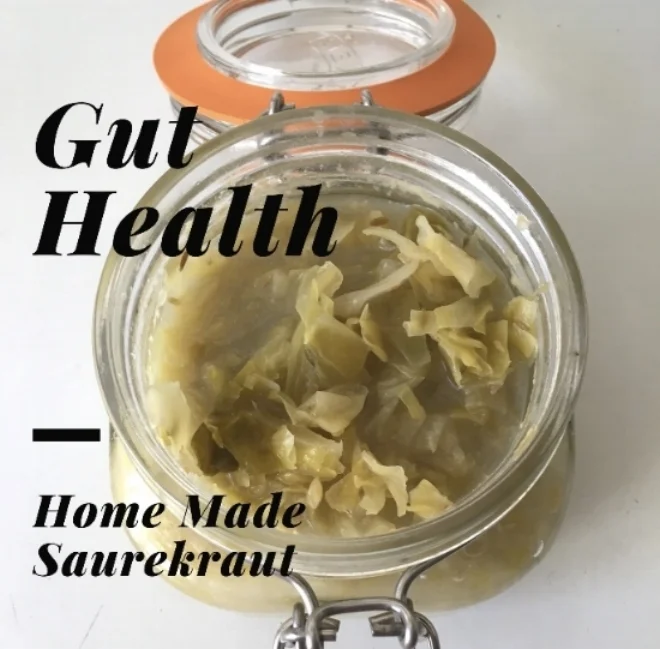Nourishing Body and Mind: Embracing Body Positivity and Inclusivity Through Nutrition and Well-being
/In everyday life, we women are frequently bombarded with messages about how our bodies should look. The constant focus on weight, size, and appearance can make it easy to forget that true health is about so much more than a number on the scale. Instead of chasing society's ever-changing beauty ideals, it's time to embrace a more inclusive, empowering approach. One that focuses on body positivity and overall well-being through good nutrition and self-care.
Moving Beyond the Numbers
Body positivity isn't about ignoring health, but rather redefining what it means to be healthy. It's about accepting that health and beauty come in many forms and sizes. Every woman's body is unique, and it's essential to celebrate that diversity.
Shifting the focus from weight to overall well-being means considering how we feel on the inside, both physically and mentally. Are we energised? Do we feel strong? Are we taking care of our bodies in a way that supports our long-term health? These are the questions we should be asking ourselves — not how much we weigh or how closely we fit an idealised version of beauty.
The Power of Good Nutrition
Nutrition plays a vital role in both our physical and mental health. Instead of restricting or following fad diets that focus on losing weight, we should aim to nourish our bodies with foods that fuel us, boost our energy, and help us feel our best.
Balanced nutrition means eating a variety of whole, nutrient-dense foods that support every aspect of our health. When we prioritise nourishment over deprivation, we shift our mindset from one of scarcity to abundance. We start to see food as something that supports and empowers us, rather than something to fear or control.
Inclusivity in Health
It's important to acknowledge that health is not one-size-fits-all. Different bodies have different needs, and what works for one person might not work for another. Faarmtherapy specialises in supporting this. Cultural, genetic, and lifestyle factors all play a role in shaping our health, and it's important that we honour this diversity.
Embrace Your Journey
Every woman's health journey is different, and that's something to be celebrated. By focusing on body positivity and overall well-being, we empower ourselves to embrace who we are, as we are. Let's move away from limiting ideals and embrace an inclusive, nurturing approach that allows us to thrive in mind, body, and spirit.
Health is not about perfection. It's about feeling good, living fully, and caring for ourselves in a way that honours the incredible diversity of the human body.
Embracing body positivity and inclusivity means focusing on what makes you feel good— inside and out. Health is about more than weight; it's about caring for yourself in all ways.












